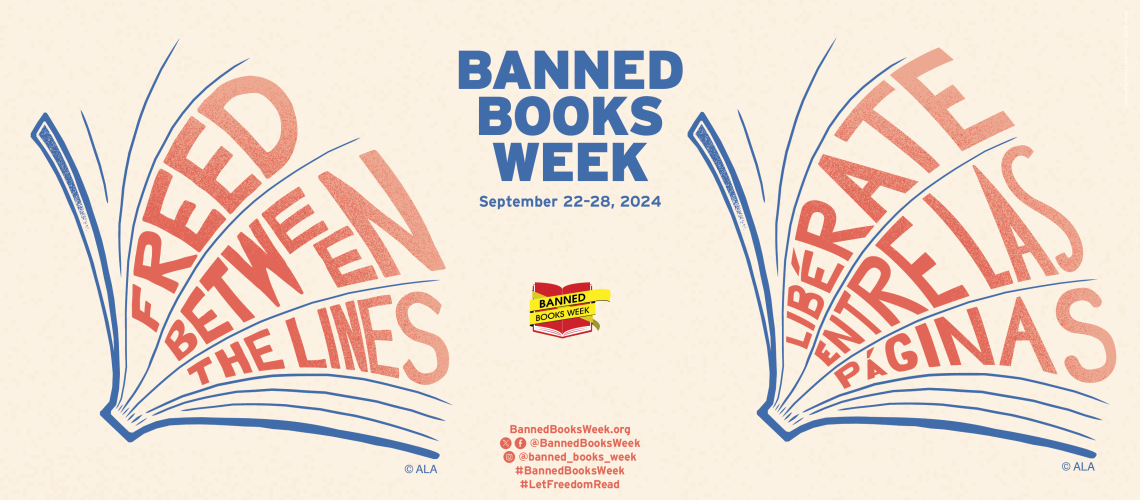Banned Book Week (September 22-28) is rapidly approaching, and every year the conservative outrage factory finds new books to have a toddler melt down over, under the false guise of protecting children. They always choose the most controversial books for their argument—books that are sexually explicit, portray certain types of violence, or where the central characters are parts of vulnerable populations that are regularly demonized by conservative talking heads. They are especially hostile to themes where a transgender character is the story’s protagonist, and the reader is supposed to feel empathy for them. A puzzling thing happens when you point out that using their own arguments, the Bible should clearly be a banned book as well: They look at you like you just said the dumbest thing they’ve ever heard, and dismiss your argument out of hand.
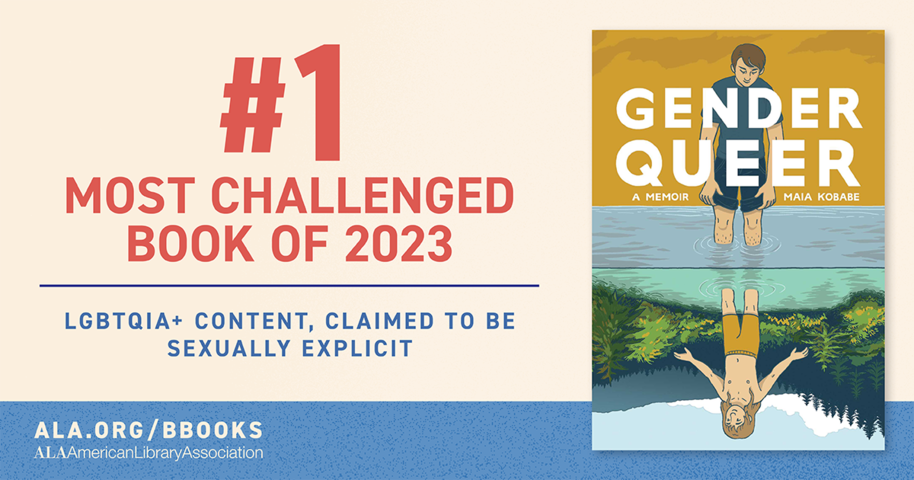
But why? The Bible is filled with violence, graphic sexuality, and even stories about Jesus standing up for people conservatives would demonize. Yet those advocating for book bans see no cognitive dissonance in their argument—no hypocrisy at all. That’s because these aren’t the actual reasons they want books banned. They may not even realize it themselves. What is unrealized is that their worldview is shaped mostly by their unconscious thoughts and mental shortcuts they use in their perception of their world view. Their issue isn’t the topic of the book so much as the way they perceive morality and family.
Cognitive Linguistics
George Lakoff, a founder and pioneer of the field of cognitive linguistics, argues that our worldviews are shaped largely by our definition of family, and the roles each person plays. In a conservative model, there is a traditional nuclear family consisting of a father who is the authority and a mother who takes care of the daily tasks of the family while reinforcing the father’s authority. This is called the strict-father model and is predicated on the idea that children are taught right from wrong, self discipline, and respect of authority by being obedient to their parents. Children should never question the decisions of legitimate authority, and deviation from acceptable moral behavior is punished (often with spanking) as a corrective measure based out of love, not retribution, and done for the good of the child’s development into a person of good character.
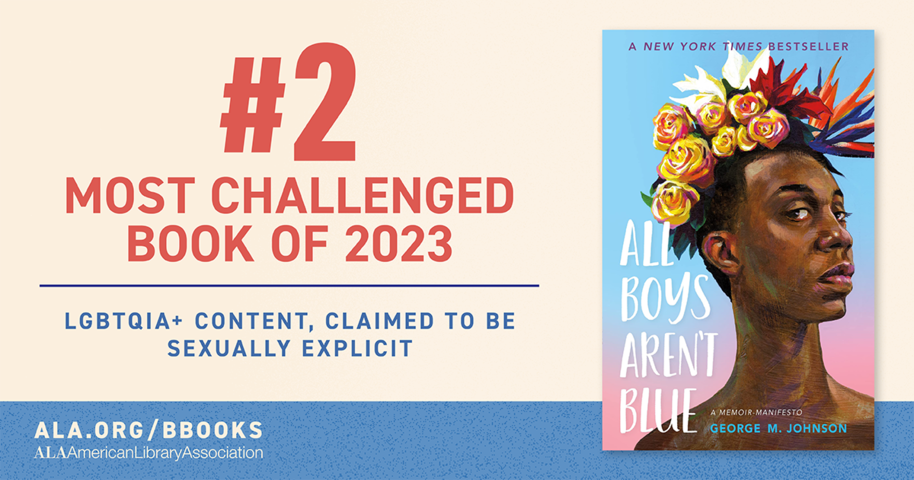
In Lakoff’s other model, the nurturing parent model, parental roles are not defined by gender stereotypes nor do they necessarily require a traditional family structure. A family could be defined as a single mother, two dads, or even a polyamorous collective, and would still be viewed as a family the same as a traditional nuclear family. This model defines child rearing in terms of nurturance, care, and collaboration. Children are not taught blind obedience from their parents, but to question authority, as part of growth and development. Children grow up in a nurturing environment, learn empathy, and discover themselves through exploration of ideas, under the guidance of their parents. Children also play an important role in the decision making processes of the family. While the parents make the ultimate decisions, children participate in the discussion, have their voices heard, and offer their feelings and input to the decision being made. Accommodations and compromises are made, and everyone’s good ideas are incorporated into the process.
This simplified summary of family models illustrate the books conservatives choose to attack, and why. They are books that portray and normalize non-nuclear families that represent moral decay, and undermine the supremacy of the father’s authority. If you look at lists of books most often targeted by to be banned, the over reaching theme isn’t LGBTQ youth characters, although most of these books do have them. It isn’t violence, as there are literally thousands of books that are graphically violent in the average library. The books most targeted to be banned are the ones where the family structure violates the fundamental ideas of what a family looks to conservatives, and offends their fundamental ideas of what is moral and right.
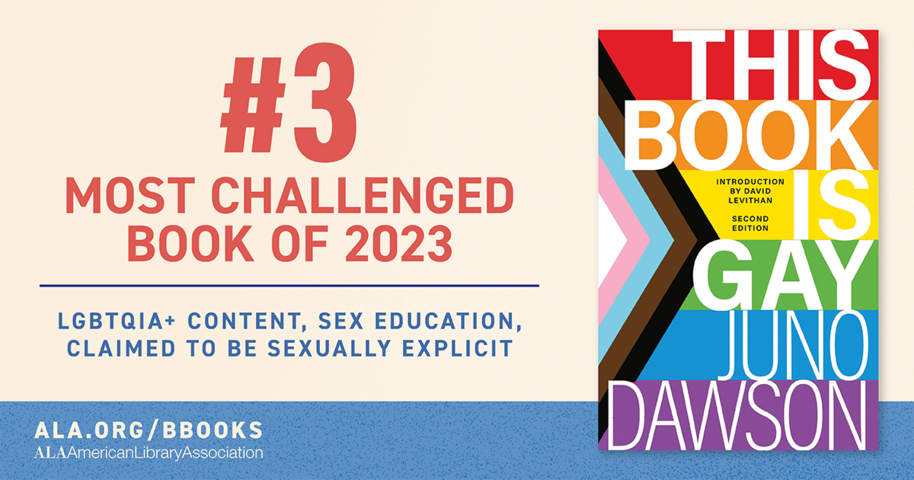
For anyone who has ever come out of the closet while being a part of a strict father model household, often their biggest fear is rejection by family. There are many stories of LGBTQ children being forced into conversion “therapy” to fix them and correct their wayward and undesirable behavior based upon the morality of this world view. Failing that, rejection can lead to violence and a child either running away from the unsafe environment, or being thrown out of the house by the parents. The problem is so prevalent that there are shelters in many cities that strictly serve LGBTQ youth who have been thrown out on the street like garbage. Using the strict-father model, the father is the moral authority and ultimately decides to attempt to correct the child’s immoral behavior, or may reject the child completely as this behavior violates the father’s ultimate goal of child rearing, which is for his child to conform to established morals and values, and become a self sufficient respectable adult who will procreate and have a traditional family of his own. When corrective measures fail to work, allowing the child to continue within the family structure is untenable because it violates the father’s authority and represents a fatal character flaw, so the only remaining solution is to remove the child to protect the family and community from the dangers of the moral decay and deviant behavior. There is no contradiction in behavior here since punishment is the upright response, is done out of love, and upholds the moral order.
The Road to Marriage Equality
“Homosexual marriage” in the 1990s was a hot button social issue conservatives used to rally their voters. The term “homosexual,” with its negative connotations, and stressing each syllable of the word with contempt, was a way to frame the issue as something that gravely deviated from the only acceptable definition of marriage being between a man and a woman. Undermining the efforts to keep popular opinion hostile to the LGBTQ community were TV shows that portrayed gay and lesbian characters as sympathetic characters, deserving love and empathy instead of hate and rejection. While at the time, the stories all revolved around their sexuality as the theme, they were normalized and accepted as regular people within a family structure, not deviants that need to be excommunicated. Within a decade public opinion changed on the marriage topic, at this time being referred to as “gay marriage,” and by 2015, it was recognized as a right by the Supreme Court, requiring all 50 states to recognize what was then called “marriage equality.” The language surrounding the framing of the issue continued to evolve and change, and today most people simply use the term “marriage” to describe all marriages as LGBTQ marriages are commonplace, uncontroversial in most areas, and viewed as equally valid forms of love and family.
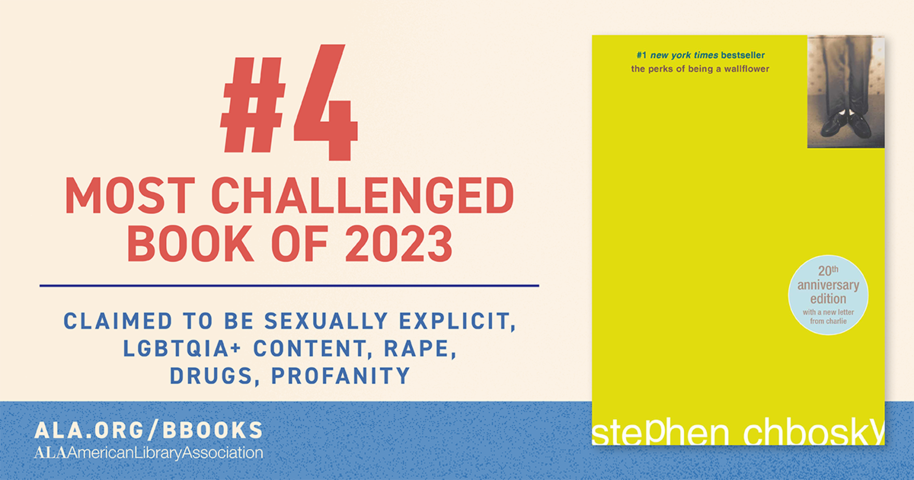
This change was a huge blow to the strict father definition of marriage, and a violation of the key tenet of a worldview that is based on the traditional family model. By their definition, a gay child can not grow up to be a moral individual and raise a proper family of his or her own. Having learned from their mistakes allowing marriage and family to be redefined in the public’s perception, well funded dark money groups with names including the words “family,” “heritage,” and “liberty” popped up to defend their definition of traditional family, claiming the institution of family is “under attack” and needs defending to prevent the moral decay and further normalization of non-traditional families.
One of the ways these extremists work to attain their goals is to try to ban books with themes of non-traditional families and non-heteronormative children. At face value, book bans themselves are ineffective, as most children aren’t reading enough, and the internet allows children to read books from libraries all around the world. The motive in these very public dramas is to draw negative attention to books about people and families that do not fit their definition of moral. They target books portraying vulnerable populations, as they are the easiest to demonize to accomplish their goals. Since being gay has been normalized, they’ve turned to attacking literature involving transgender people, with angry and often violent rhetoric. Creating public controversy allows them to meet their actual goal of getting media attention and reframing public discourse on the topic by using their biased language of their world view. They will claim a book is sexualized and inappropriate for young children to read. A fictitious book “Johnny has two moms,” would be targeted because it is an attack on the nuclear family. An otherwise identical book entitled, “Johnny, his dad, and his mom,” would be viewed as positive reinforcement of the traditional family, with no sexualized or deviant content because conception and child rearing within the traditional framework is not considered sexualized behavior, while a relationship between two women is defined foremost by its sexual deviancy. A relationship based on such behavior would be considered immoral, and immoral people cannot raise children to become people of good moral character.
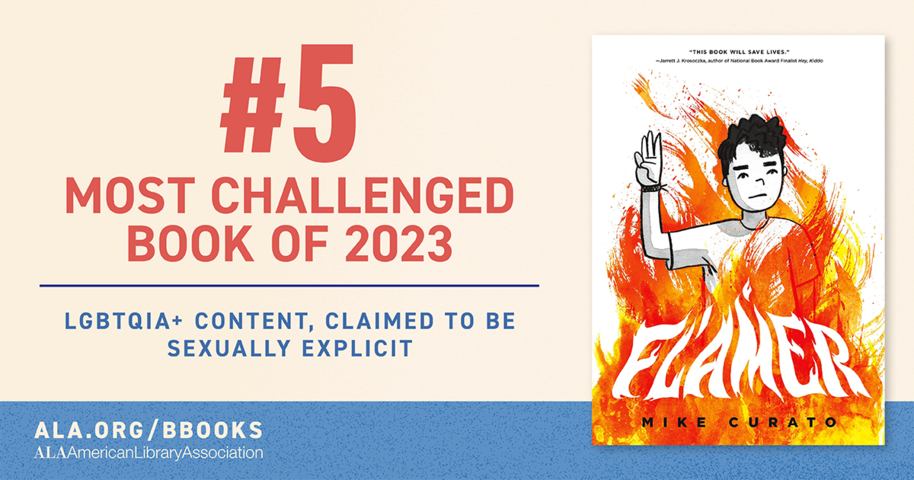
So to answer why conservatives attempt to ban certain books, but not the Bible, is because the books they target undermine the definition of family and the authority of the father as head of the household, which threatens the world view their fundamental morality is based upon. The reason they look at someone like an idiot when they say the Bible should be banned even though it meets the same criteria they claim is their motive to ban other books is because the argument is an affront to the strict-father worldview. Although everyone submits to the father, even this head of the house is subservient and submits to the “ultimate” father authority, the God of their Bible. To question the word of THE father is the most immoral act imaginable, and such an idea is a heresy that is worthy of scorn and contempt.
It is important to understand the real reasoning conservatives attempt to ban books to effectively counter their faulty narratives and arguments. Reclaiming the word family is important not just for the sake of the libraries being able to carry books that represent diverse families, but also to continue to normalize the idea that all families are equally legitimate. Books teach the next generation that there is no “correct” definition of family because families are not defined by some weird enforcers of patriarchal authority, but by the individuals that have an actual stake in the family. It is important to understand that this strict-father philosophy extends into every faucet of their political belief system, and why using their framing and language is a losing proposition. The best way to do this–go to your library, and check out a book by a cognitive linguist like George Lakoff before his books are also targeted to be banned.

